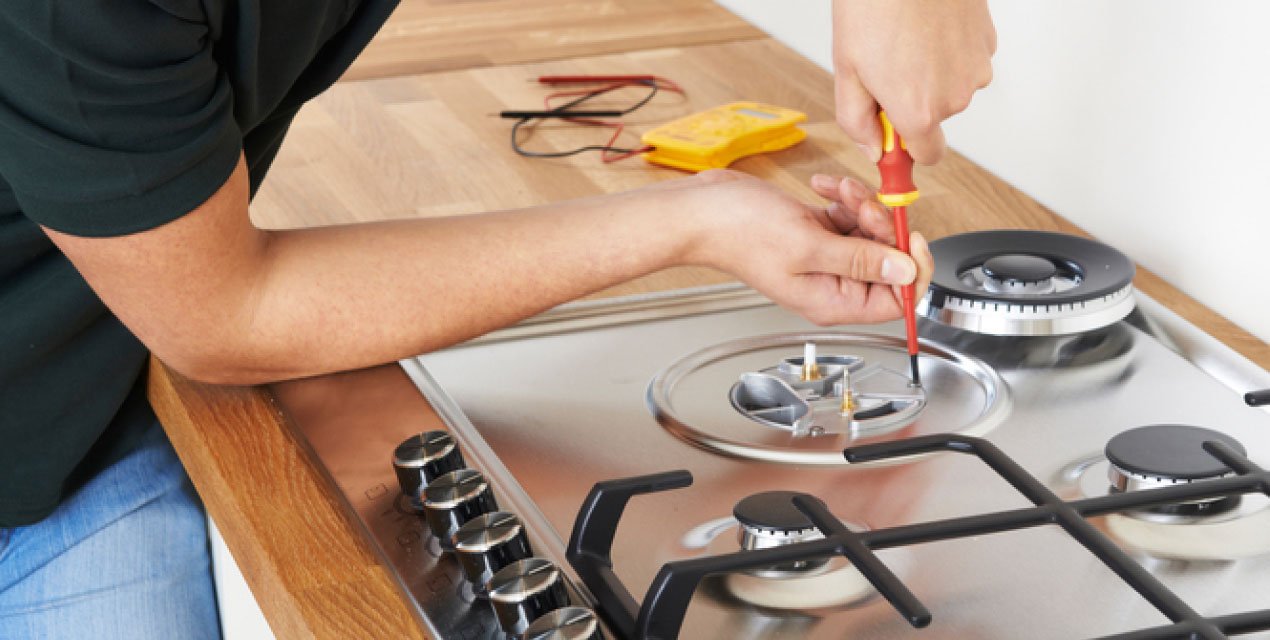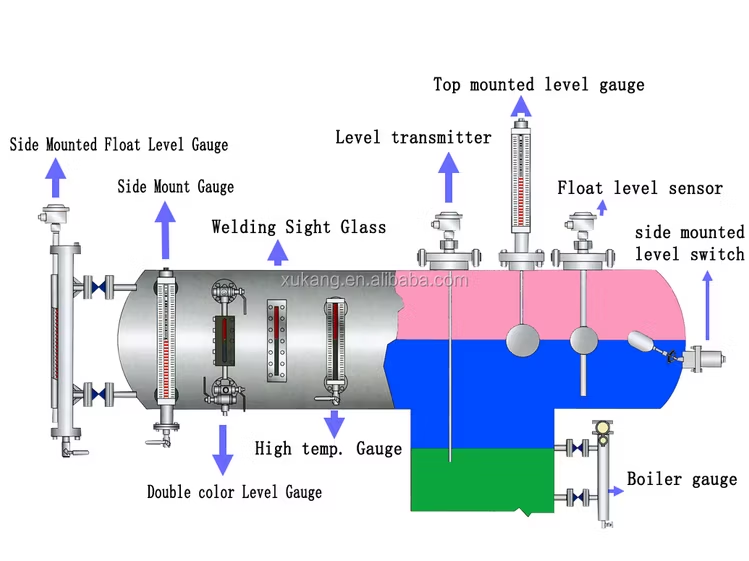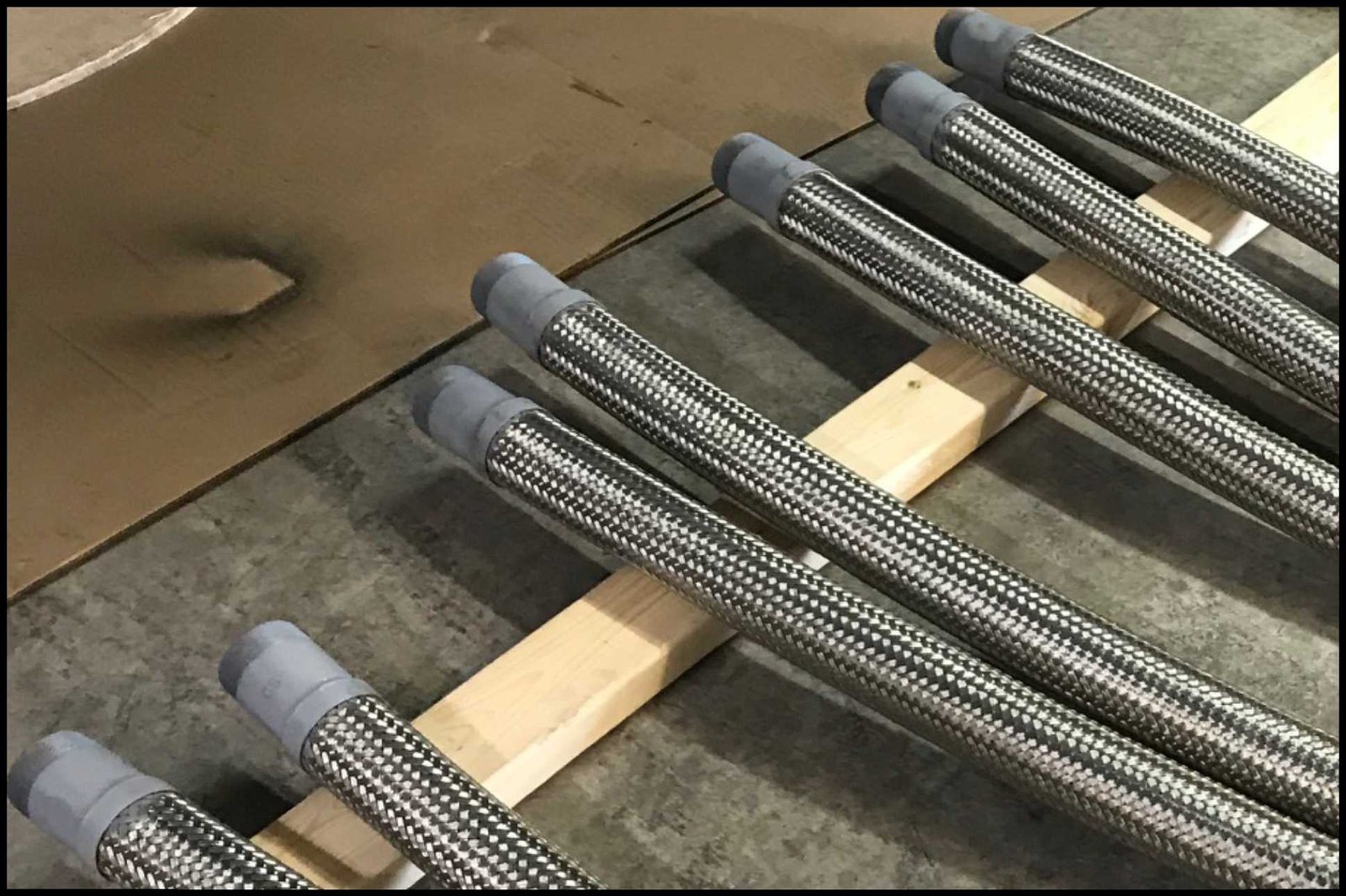Is your gas stove refusing to ignite? Maybe one burner works perfectly while others won’t light at all. These frustrating situations disrupt meal preparation and leave you scrambling for alternatives.
Gas stoves are reliable kitchen workhorses, but like any appliance, they develop problems over time. Understanding what goes wrong and knowing when to seek expert help can save you time, money, and potential safety hazards.
Common Gas Stove Problems You Might Encounter
Ignition System Failures
You turn the knob and hear clicking sounds, but no flame appears. This annoying problem often stems from ignition system issues that prevent proper spark generation.
Igniter electrodes can become dirty or misaligned over time. Food particles and grease buildup block the spark path, making ignition impossible even when everything else works correctly.
Moisture trapped in burner components after cleaning prevents ignition temporarily. Water interferes with electrical connections needed for spark creation, though this usually resolves once everything dries completely.
Electrode positioning matters significantly for reliable ignition. Even slight misalignment from cleaning or bumping can prevent sparks from reaching the gas flow properly.
Burner Performance Issues
Flames that burn yellow or orange instead of blue signal incomplete combustion. This inefficient burning wastes gas while potentially releasing harmful carbon monoxide into your kitchen.
Gas stove repair specialists frequently address clogged burner ports that restrict gas flow. These tiny openings collect food debris, grease, and dust that obstruct proper fuel distribution to the flame.
Uneven flame patterns indicate blocked ports on specific sides of the burner. Some areas might have strong flames while others barely flicker, creating hot spots during cooking.
Weak flames that struggle to stay lit suggest gas pressure problems or severely restricted burner openings. This reduces cooking efficiency and makes temperature control nearly impossible.
Gas Flow and Control Problems
Knobs that won’t turn smoothly or feel stuck indicate valve mechanism issues. These control valves regulate gas flow to each burner and can wear out or accumulate debris internally.
Gas stove repair becomes necessary when you smell gas without seeing flames. This dangerous situation requires immediate attention from qualified technicians who understand gas safety protocols.
Burners that continue receiving gas after turning off present serious safety hazards. Faulty valve seals or damaged control mechanisms can cause this potentially dangerous malfunction.
Gas odors during normal operation might indicate loose connections or damaged supply lines. Even minor leaks require professional evaluation to ensure household safety.
Why Professional Assistance Matters
Technical Knowledge Requirements
Gas appliances demand specialized understanding that goes beyond basic appliance repair skills. Working with natural gas or propane requires knowing proper safety procedures and connection techniques.
Licensed technicians receive training in gas system diagnostics and repair methods. They understand how different stove models function and can identify problems quickly through systematic troubleshooting.
Specialized tools help professionals diagnose issues accurately without guesswork. Pressure gauges, leak detectors, and testing equipment ensure precise problem identification before starting repairs.
Safety Must Come First
Gas leaks can cause explosions, fires, or carbon monoxide poisoning. These serious risks make professional service essential for anything beyond basic cleaning and maintenance tasks.
Improper repairs might seem to work initially but create hidden dangers. Loose connections or incorrect part installation can lead to leaks that develop gradually over time.
Carbon monoxide is odorless and deadly. Malfunctioning burners producing incomplete combustion release this toxic gas without any warning signs until symptoms appear.
Electrical components in modern gas stoves require proper handling. Ignition systems combine gas and electricity, creating additional complexity that demands professional expertise.
Recognizing When You Need Expert Help
Warning Signs Requiring Immediate Attention
Persistent gas odors even after thorough cleaning indicate leaks somewhere in your stove’s system. Never ignore these smells or attempt repairs yourself without proper training and equipment.
Flames that won’t stay lit despite clean burners suggest internal problems with gas valves or regulators. These components require professional diagnosis and replacement when faulty.
Automatic ignition systems that stopped working completely might have electrical failures. Control boards and wiring issues need expert evaluation to prevent further damage.
Yellow or orange flames that persist after cleaning burner caps signal air mixture problems. This requires adjusting gas-to-air ratios, which only qualified technicians should perform.
Choosing Reliable Service Providers
Look for companies with specific gas appliance certification and valid licensing. General appliance repair experience doesn’t necessarily translate to safe gas stove service.
Insurance coverage protects you from liability during service calls. Verify that technicians carry proper insurance before allowing work on gas appliances in your home.
Customer reviews mentioning gas stove work specifically provide valuable insights. Look for feedback about safety practices, professionalism, and repair quality from previous clients.
Response time matters when dealing with potential gas hazards. Choose services offering same-day or next-day appointments for urgent situations requiring immediate attention.
Maintaining Your Gas Stove Properly
Regular Cleaning Practices
Clean burner caps and grates after each use once they cool down. This prevents buildup that blocks gas ports and causes ignition problems later.
Remove and wash burner components weekly using warm soapy water. Ensure everything dries completely before reassembling to prevent moisture-related ignition failures.
Keep igniter electrodes clean and free from grease buildup. Gently wipe these components with a dry cloth, avoiding excessive force that might cause misalignment.
Wipe up spills immediately before they burn onto surfaces. Baked-on food becomes much harder to remove and can damage stove finishes permanently.
Usage Habits That Extend Lifespan
Avoid using oversized cookware that extends beyond burner boundaries. Excessive heat reflecting back can damage components and reduce their operational lifespan.
Turn knobs gently rather than forcing them when they feel resistant. Rough handling damages internal valve mechanisms that control gas flow to burners.
Don’t line burner bowls with foil, as this blocks necessary air circulation. Proper airflow is essential for complete combustion and efficient burner operation.
Schedule professional maintenance annually to catch developing problems early. Preventive service identifies worn components before they fail completely and cause inconvenience.
Frequently Asked Questions
Why won’t my gas stove burner light even though it’s clicking?
The clicking sound indicates the igniter is working, but several issues could prevent lighting. Dirty or wet burner caps, misaligned igniters, or clogged gas ports are the most common causes. Try cleaning and drying all components thoroughly first.
How much does typical gas stove repair cost?
Simple repairs like replacing igniters typically cost AED 200-500, while more complex issues involving gas valves or control boards can range from AED 500-1,200. The exact cost depends on the specific problem and required parts.
Can I repair my gas stove myself?
Basic maintenance like cleaning burners is safe for homeowners, but repairs involving gas connections, valves, or internal components should only be handled by licensed professionals due to safety risks.
What does a yellow flame on my gas stove mean?
Yellow or orange flames indicate incomplete combustion, usually caused by clogged burner ports restricting airflow. This needs attention because incomplete combustion can produce carbon monoxide. Clean the burner thoroughly or call a professional.
How often should gas stoves be professionally serviced?
Annual professional inspections help maintain safety and performance. More frequent service might be necessary for heavily used stoves or if you notice any performance changes or gas odors.
Making Smart Decisions About Repairs
When your gas stove develops problems, quick action prevents safety hazards while restoring cooking convenience. Understanding common issues helps you communicate effectively with repair professionals.
Professional service ensures your gas stove operates safely and efficiently. The investment in proper repairs protects your family while extending your appliance’s useful life significantly.
Choose qualified technicians who prioritize safety alongside quality workmanship. Your gas stove is too important to trust with inexperienced or improperly licensed service providers.




Leave a Reply